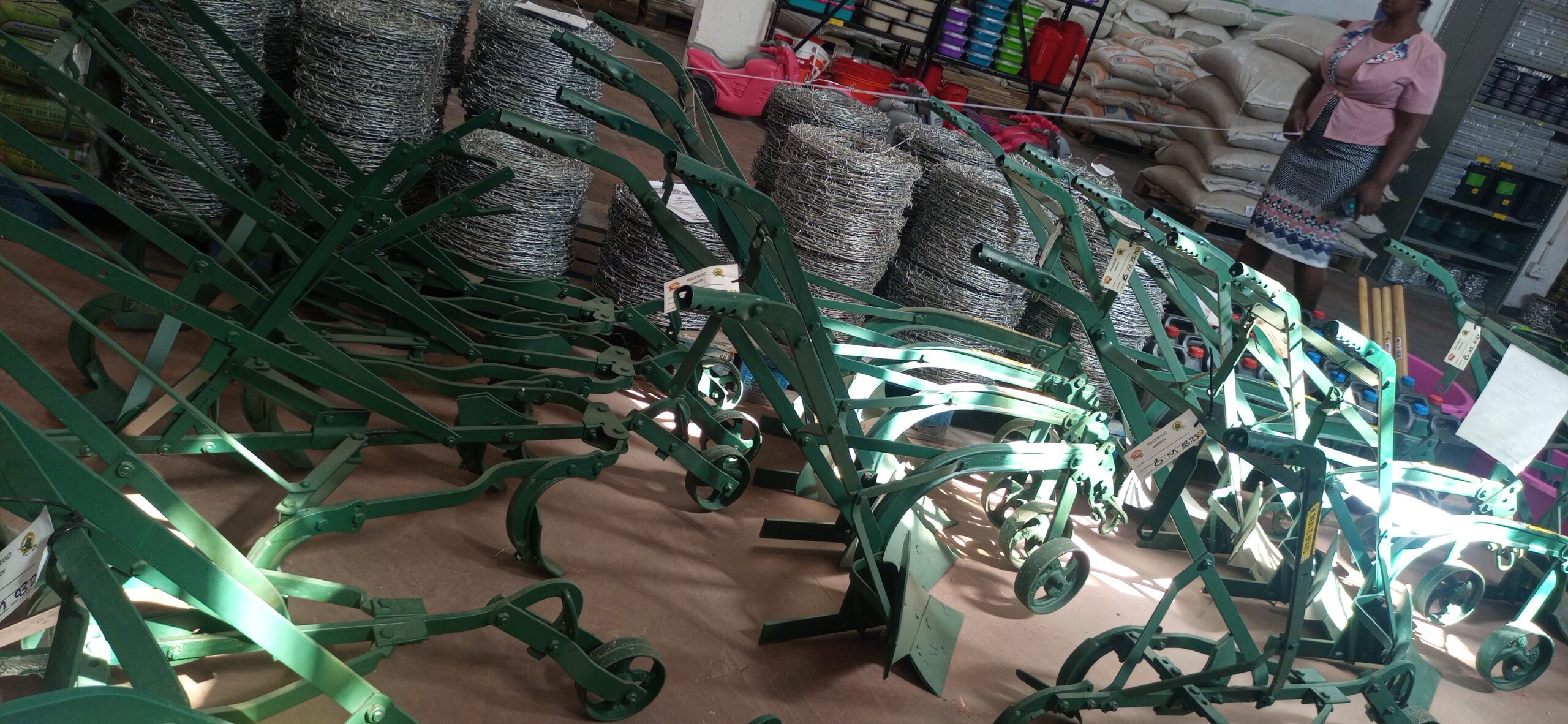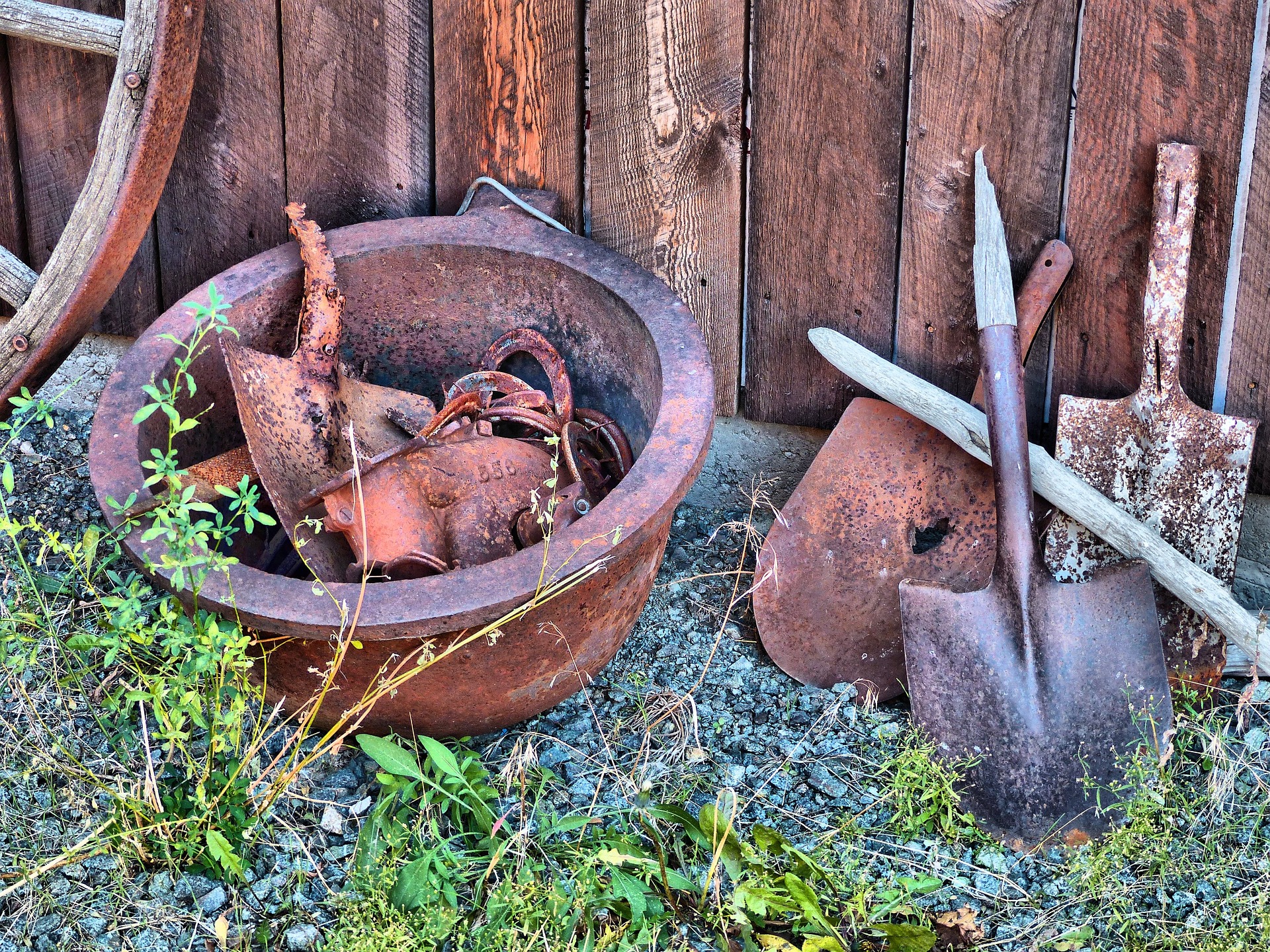African countries still lag in mechanizing agriculture, stifling efforts to ensure food security.
The continent has vast tracts of arable land that remain fallow, with mechanization seen as the solution to improved food production.
Early this year, Zimbabwe’s agriculture ministry reported that farmers were struggling to repay loans they got from local financial institutions.
This emerged at a recent meeting of African parliamentarians in Tanzania, held under Modernising Agriculture to address Food Insecurity and Youth Unemployment in the SADC Region: The Role of Parliaments.
Smallholder farmers denied an opportunity
While countries such as Zimbabwe have continued to invest heavily in farm mechanization, the program has left behind smallholder farmers who need help to afford the terms and conditions set by the government and bank loans to access equipment that includes tractors, tillers, and harvesters.
Researchers say this has effectively denied smallholder farmers an opportunity to increase their tillage, setting back efforts to boost the sector credited with producing most of the continent’s corn.
African countries remain net food importers even though agriculture accounts for 60 percent of employment.
Early this year, Zimbabwe’s agriculture ministry reported that farmers were struggling to repay loans they got from local financial institutions.
Since Zimbabwe’s mechanization is State-driven, the government has acted as collateral, committing to repay the loans if farmers default.
However, this has exposed the cash-strapped government to increased domestic debt when the country is struggling to fund its public service.
The growth of Africa’s food production lies in mechanization and tapping into the continent’s vast labor pool.
However, critics have questioned this model at a time when international financial institutions such as the International Monetary Fund have discouraged African governments from subsidizing agriculture production, noting that this has stopped private investors from supporting the sector.
Boost rural economies, create job opportunities.
According to the International Food Policy Research Institute (IFPRI), African countries remain net food importers “even though agriculture accounts for 60 percent of employment.”
Researchers have noted that the growth of Africa’s food production lies in mechanization and tapping into the continent’s vast labor pool, despite long-standing concerns that mechanization will result in job losses.
Zimbabwe has invested heavily in farm mechanization, attracting investors from countries like the United States and Belarus.
Amid those concerns, investment in the mechanization of Africa’s agriculture can boost rural economies, create job opportunities, improve food security and nutrition, and accelerate the realization of the UN’s Sustainable Development Goals, says the International Institute for Sustainable Development.
Positive multiplier effect on economic growth
Africa’s parliamentarians are seeking ways to make the turn by crafting legislation that will commit governments towards making the continent self-sufficient. Still, officials agree that it will be a long slog.

“Despite the continent boasting sixty percent of arable land, its agricultural sector remains dwarfed. Why? Our agricultural sector lacks modernization and mechanization in Africa in general and in the SADC region in particular,” said Jacob Mudenda, Speaker of Zimbabwe Parliament.
“In Zimbabwe, like many other SADC member states, agriculture is the mainstay of the economy as it has a positive multiplier effect on economic growth measured by its twenty-four percent contribution to the Gross Domestic Product (GDP), employment creation, food security, and poverty reduction, export earnings and industrial development through agro-industries,” Mudenda told parliamentarians at the Tanzania forum.
Africa’s food import bill remains unacceptably high, driven by poor agriculture production models.
Zimbabwe’s agriculture sector has for years been the major foreign currency earner. Still, in the past two decades, it has seen its fortunes flounder after a series of controversial policies that have interrupted food production.
As part of broader efforts to reclaim its place as a continental food basket, Zimbabwe has invested heavily in farm mechanization, attracting investors from countries such as the United States and Belarus.
Expand the continent’s agriculture sector
The southern African country has credited farm mechanization with improved record grain harvests.
At the launch of the 51 million-dollar John Deere Farm Mechanisation Facility in March this year, it emerged that up to two million eight hundred farmers in Zimbabwe operate without mechanization, exposing industrialized agriculture’s potential to meet the country’s food production targets.
“We believe we can subsist to our own needs without relying heavily and dangerously on imports, whose costs are hefty and unpredictable.”
The latest drive to expand the continent’s agriculture sector is based on earlier commitments made under the Malabo Agreement of 2014, which seeks “efficient and effective water management systems notably through irrigation, suitable, reliable and affordable mechanization and energy supplies.”
Officials say that Africa’s food import bill remains unacceptably high, driven by poor agriculture production models.
Still, Roger Mancienne, president of the Southern African Development Community Parliamentary Forum, noted that the continent needs to revisit its business-as-usual approach to improve the sector.
Without relying on imports
“We need to be able to demonstrate the gains that can be made with new methods in agriculture, mechanization, and modernization, but also in the provision of facilities and services to rural areas,” Mancienne, who is also the Speaker of Seychelles Parliament, told the forum.
As the continent seeks to navigate its food production that the Russia – Ukraine war has not spared, Mancienne said: “We believe we can subsist to our own needs without relying heavily and dangerously on imports, whose costs are hefty and unpredictable.”

For now, farmers working the land armed with hoes, sickles, and slashers could pin their hopes on parliamentarians to push governments to accelerate the agriculture mechanization revolution.
_________________________________________________________________________________________________
Marko Phiri is a Zimbabwe-based journalist writing on the intersection of climate change and development in Africa.
